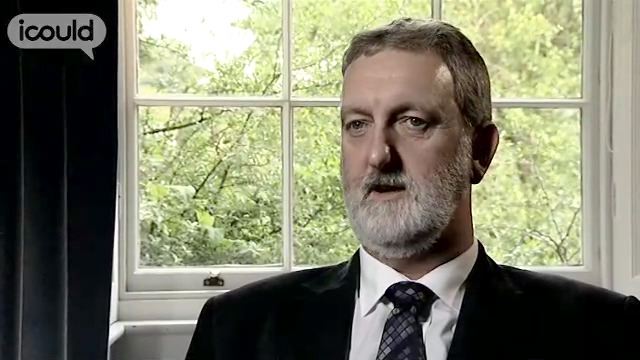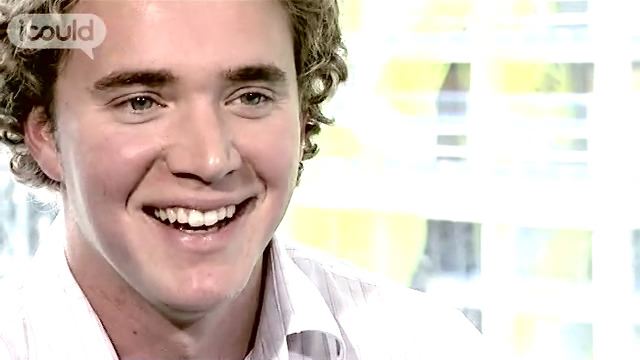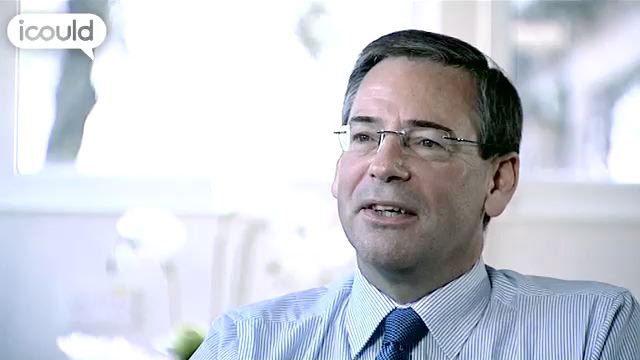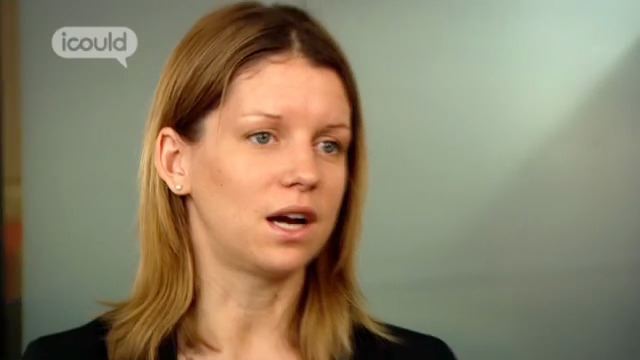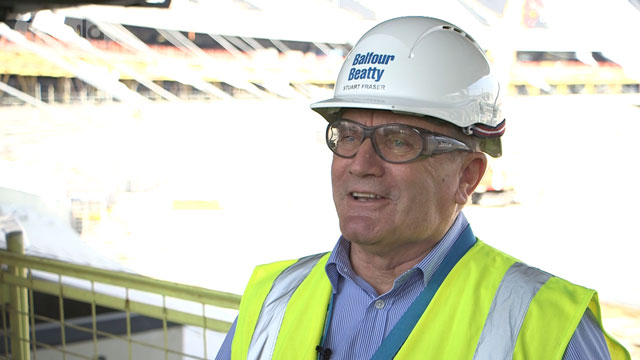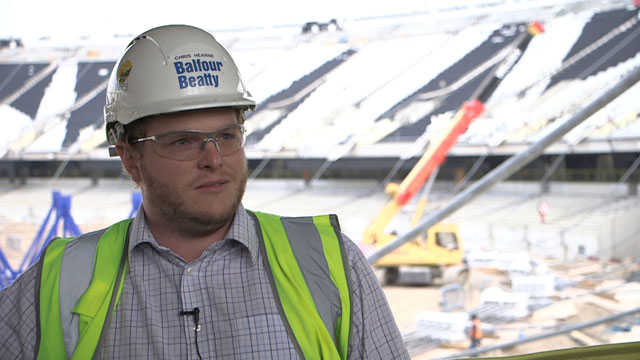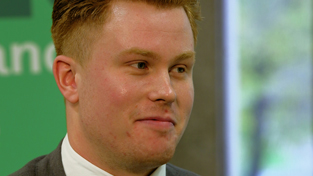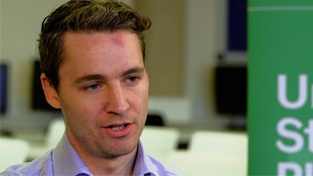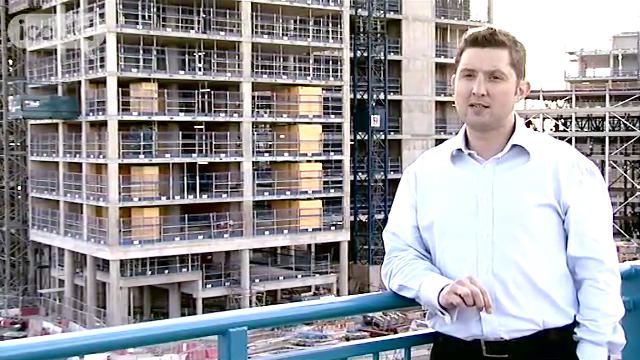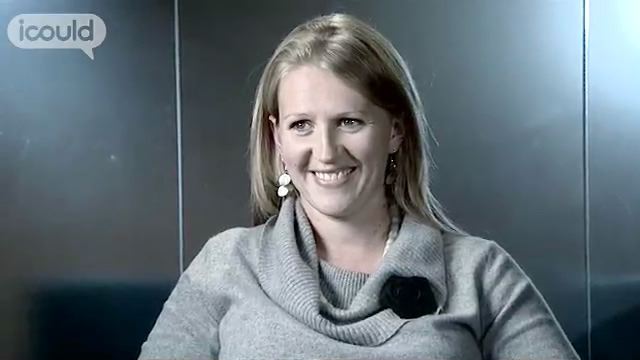Project Director
Balfour Beatty
|
Time Code |
INTERVIEW WITH STUART FRASER |
|
00:01 |
I’m Stuart Fraser and I’m a project director with Balfour Beatty, responsible for the Olympic Stadium transformation. |
|
00:08 |
Well my job is really to take sort of responsibility on behalf of my company, for the delivery of the stadium transformation, which involves everything from the design management, from the procurement and obviously the delivery. This is a world class venue and it’s going to be around a long, long time, so it’s important that we bring the best of Balfour Beatty to bear in delivering this job. |
|
00:32 |
It starts with apprentices. We’ve all been young, we’ve always had to start work, we’ve all had to leave school and get jobs or go to university or whatever, so we have a big focus on young people particularly and they don’t have to be university graduates, we’ve got a mix of them. We’ve got university graduates, we’ve got some apprentices that we recruit through our local brokerage with, for example, K10, and then we’re got young people that we are employing ourselves and through the supply chain. |
|
00:59 |
An electrician apprentice, when he starts, won’t know a lot about electricity and a carpenter won’t know much about carpentry, so we’re not really looking for any vocational skills so much, as we’re looking for really characteristics about people. We’re looking for their attitude, for their behaviours, for their enthusiasm and their willingness to sort of, you know, learn and be part of a programme that will help them in the future. It’s a wanting to do it, it’s a wanting to succeed, it’s a wanting to better their own careers and rather than necessarily any real skills. |
|
01:37 |
I’ve been involved now for nearly seven years, on what’s been the transformation of an enormous part of east London and it’s a far better place today than it was seven years ago. How many people can say that but that’s been really exciting and really satisfying. It’s very much a people business and it’s about working with people, building teams, working as part of teams and really adding something to that team. |
|
02:02 |
I always think the best piece of advice I ever had was, always try to get on as best you can with the people you work with because it’s very important that they see in you, you know, you want to be liked, you want to be seen to be productive and proactive and really passionate about what you do. |
|
02:22 |
My career started, I suppose, by accident. I was at school in a town called Grays Hill, Essex and I used to work up to the school every morning and unbeknown to me I was walking past the office of a construction company every day and then in my final year, I think it was about the April, I was just about to take A Levels, I wasn’t sure what I wanted to do and the area manager for this company knocked on the headmaster’s door and said, have you got any bright young individuals who might fancy a career in construction, and for whatever reason, the headmaster thought of me and I was interviewed by this particular individual, joined the company in the September 1964 and then 15 years later he was working for me. So it was quite a change round, really and I was very lucky in that I progressed really well and I love, as I said earlier, I love the people thing around the business, I love the creativity around what we do. |
|
03:14 |
Worked on a variety of different projects from housing jobs to swimming pools to factories and indeed, in my first 12 months, I worked three months with one trade, three months with another trade and really got my hands dirty and learned how it all worked and really got on very well with the people, so from the onset I knew it was going to work well. I then moved on to sort of developing into more general management and I ran projects and then I ran areas and I became a director of the company and then I decided to leave, because I’d been there 30 odd years and then in my last 15 or so years, I’ve been involved with projects, I’ve done a bit of hospital on the Euston Road, University College Hospital. I was responsible for part of T6, when that opened and then, of course, the Aquatic Centre on the Olympic Park, between 2008 and 2010 and now the Olympic Stadium transformation. So I’ve had a real mixed bag of a career which has really been extremely exciting and really rewarding. |
|
04:05 |
I’ve not worked for Balfour Beatty more than sort of eight years. I first started in the construction industry in 1964, so I’ve been in the industry over 50 years and I’m as enthusiastic about it now as I was 30 years ago or 20 years ago and because I’m working with great people and helping as well develop youngsters, but, you know, it’s a long, long career, which I’m really proud of and I wouldn’t do anything else. Construction is the life that I’ve chosen and it’s the life I’d choose again, if I came back in another life. |
|
04:35 |
END |
“I wouldn’t do anything else. Construction is the life I’ve chosen and is the life I’d choose again.” Stuart starting out building houses and factories, quickly moving into management roles. More recently he’s worked on landmark projects including Heathrow Terminal Five, and the Aquatics Centre and Olympic Stadium on the Olympic Park. He really enjoys working with people and building teams.
More information about Production managers and directors in construction
The UK average salary is £29,813
There are 37.5 hours in the average working week
The UK workforce is 47% female and 53% male
Future employment
- Liaises with other managers to plan overall production activity and construction activities, sets quality standards and estimates timescales and costs
- Receives invitations to tender, arranges for estimates and liaises with client, architects, Chartered architectual technologists and engineers for the preparation of contracts
- Plans, directs and co-ordinates the construction and maintenance of civil and structural engineering works, including demolition, pipelines and pilings
- Receives reports upon work in progress to ensure that materials and construction methods meet with specifications and statutory requirements and that there are no deviations from agreed plans
